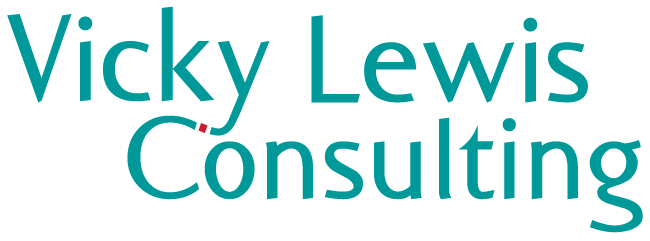International Strategy for Higher Education Institutions
International Strategy for Higher Education Institutions

Posted on by Vicky Lewis
 Over recent years, I’ve worked with a number of UK universities to facilitate and support the development of their strategies for internationalisation or global engagement. Client institutions have varied in profile. I’ve worked with HEIs large and small; long-established and relatively youthful; comprehensive and specialist; research-intensive and teaching-focused; highly internationalised and just starting out on their internationalisation journey.
Over recent years, I’ve worked with a number of UK universities to facilitate and support the development of their strategies for internationalisation or global engagement. Client institutions have varied in profile. I’ve worked with HEIs large and small; long-established and relatively youthful; comprehensive and specialist; research-intensive and teaching-focused; highly internationalised and just starting out on their internationalisation journey.
Organisational priorities, cultures, resources and operating styles have differed greatly. This has an impact on the most effective way to consult with key stakeholders and engage with the wider community in the course of strategy creation.
Dr Nicki Horseman recently wrote an excellent blog for Halpin, entitled Why engaging your community should be the first step in creating a strategy. In this, she highlights the benefits of effective engagement and urges those involved in directing strategy creation to reflect on the process (not just the measures of success) in order to learn lessons for future iterations. She notes that, for each institution, the strategy development process is ‘part of living and demonstrating its culture and values’.
This struck a chord with me. Today’s blog reflects on why the consultation and initial engagement phase is so important. A future blog in this series will consider the different approaches that can be taken.
Two years ago, following publication of my Global Strategies report, I wrote a blog on The strategy consultation process, which listed some questions that leaders could explore with key stakeholders.
I suggested that these questions ‘can be used to stimulate valuable discussions with a range of different stakeholders, serving to challenge assumptions, spark ideas derived from divergent thinking and, ultimately, make the strategy itself richer, more sustainable, more distinctive, and more reflective of institutional values, mission and character.’
Although formal consultation on the strategy itself is important, so is a looser form of engagement with your community.
The main reasons for engaging with stakeholders fall into three broad categories:
In the case of an internationalisation or global engagement strategy, effective engagement at an early stage can help to move stakeholders from a narrow perception of ‘international’ to a broader understanding of the different facets of international engagement.
In the UK context, staff (and others) may consider internationalisation as synonymous with international student recruitment and overlook other dimensions. Open debates can explore institutional motivations, get contentious issues out on the table, prompt deeper thinking about global issues and help to foster an outward-facing mindset.
This approach doesn’t just apply to staff. ‘Community’ engagement should adopt an expansive interpretation of the term. There is great value in facilitating discussions about issues relevant to the university’s international strategy among students; with stakeholders in the local community; and with international partners and other interested parties. Including them and helping them to see the big picture can make them much more receptive when the strategy is rolled out.
Engaging with a broad community also serves to strengthen the strategy. Understanding stakeholder perceptions means that you know where you’re starting from (strong and weak points) and can help to pinpoint strategic priorities. You can use conversations with your community to gather evidence and generate ideas.
Crucially, such engagement – if done well – can bring in the voices of those who might normally be excluded or marginalised. In the case of international strategies, this can include international students themselves as well as alumni, staff, partners and others with 'majority world' backgrounds or experience. As an interviewee observed to me in 2021: ‘you need to include people from the Global South who can spot problematic notions’.
Diverse perspectives and the ability to take a critical view of Anglocentric assumptions can enrich the strategy, making it more robust and more distinctive.
Superficial buy-in is relatively easy to achieve. People may say ‘that sounds good’ and nod a strategy through the relevant committees. However, if there is no recognition of their role in its delivery, no commitment to making it happen and no willingness to champion it across the university community, little will be achieved.
Effective engagement from early on in the strategy creation process can make a huge difference to that commitment to delivery. It can lay the foundations, ensuring that everyone is starting from the same page. It can identify connections with other strategies and ensure that shared priorities are cross-referenced and addressed in a joined-up manner. It can help people to see themselves – and their roles – reflected in the strategy. And, above all, it can avoid (or at least minimise) the disconnect that so often occurs between the strategists and the ‘doers’ who are expected to operationalise it.
Having highlighted some reasons why engagement is so important, the big question is how best to engage and consult when developing a new international strategy. Is it more effective to do this top-down, bottom-up, middle-out? Over what timescales? What if people just aren’t interested?
In Part 2 of this blog series, I will share some tips based on my own experience.
Spoiler alert: there’s no magic formula and different approaches work in different contexts.
|
|